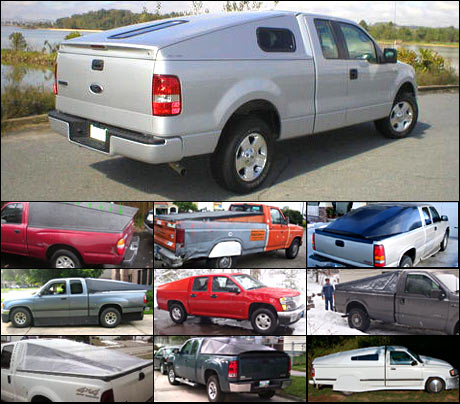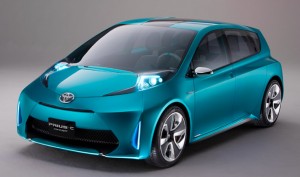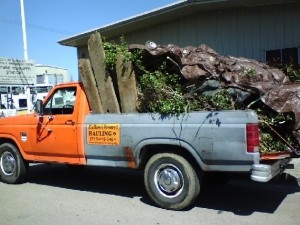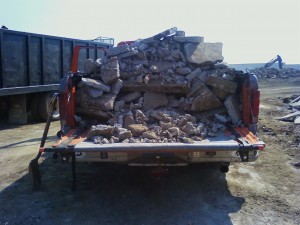Amino acids are rather complex, and anything complex is fairly unlikely. Then again, solar systems and galaxies, water and rock cycles, and particle physics are all magnificently complex too, and they all happen to exist. Even just within inorganic chemistry, plenty of naturally, randomly occurring compounds are more complex than amino acids.
Its very uncommon, but it has been found that, under just the right circumstances, amino acids can form spontaneously. Just the right mix of carbon and nitrogen, some oxygen and hydrogen, maybe just a touch of sulfur, make it all aqueous (dissolve it in water, so they can all move around) and maybe zap it with a bit of that proverbial lightning for good measure - at this point it is still nothing more than an ordinary chemical reaction - and you got yourself one of the fundamental building blocks of life.
(Alanine; Black = Carbon, White = Hydrogen, Blue = Nitrogen, Red = Oxygen)
We know the end of the story, but considered alone there is nothing especially special about some random amino acids floating around in puddles. Just about everything is made of compounds (two or more elements mixed together), not-particularly-sexy things like rocks and dust and air and water. Some have more different elements mixed together than others.
Granite is made of several compounds, (quartz, mica, and feldspar), themselves made up of combinations of oxygen, silicon, aluminum, iron, magnesium, potassium, calcium, sodium along with trace amounts of other elements. It makes up the vast majority of the surface of the Earth, (there is somewhere on the order of 20 billion times more of it than there is of all living things on the planet - plants animals, bacteria, everything combined)
In comparison with granite's 8+ elements, amino acid's 4 seems almost simple, and compared to its abundance, amino acids are downright insignificant.

 When people think about fuel economy, they usually think about small
cars, perhaps a mid-size hybrid. If they think about trucks, its
usually to contrast them with a more efficient vehicle (and perhaps
chastise truck owners for their wasteful choice).
When people think about fuel economy, they usually think about small
cars, perhaps a mid-size hybrid. If they think about trucks, its
usually to contrast them with a more efficient vehicle (and perhaps
chastise truck owners for their wasteful choice).








